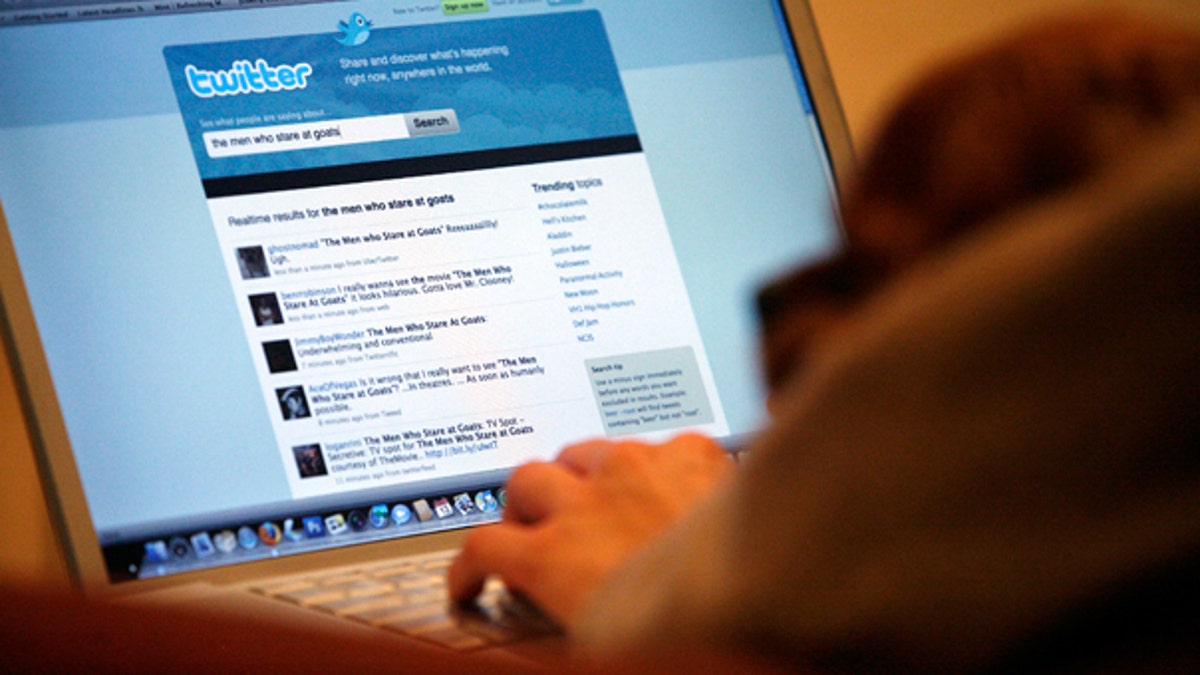
(Reuters)
Twitter has embraced censorship, many fear -- and the world’s most repressive regimes are applauding the move.
The short-messaging service announced on Thursday what it called a commitment to free speech, a technology update that allows it to censor messages on a country-by-country basis. The move had Internet users up in arms over the weekend, with many joining in a Twitter “blackout.”
But it’s earning applause in countries that endorse censorship.
“It is impossible to have boundless freedom, even on the Internet,” read an editorial published Monday on the website of state-run Chinese newspaper Global Times. “Twitter might have … already realized the fact and made a choice between being an idealistic political tool as many hope and following pragmatic commercial rules as a company.”
The so-called “Great Firewall of China” is widely described as a black eye on Internet freedom. And China was not alone.
Technology minister Anudith Nakornthap said Monday in an article in the Thai newspaper Bangkok Post that the new policy was a "constructive" development. The Southeast Asian country routinely blocks websites with content deemed offensive to the Thai monarchy.
Anudith said it was good that Twitter "felt responsible to cooperate with governments to make sure basic rights are not violated through the use of social media."
Thailand's task force that monitors anti-monarchy content has blocked 1,156 websites since December.
Twitter has been a tool of free speech and dissent around the world and its policy change last week ignited global outrage. The U.S. State Department credited Twitter with being upfront about the policy but reserved comment otherwise.
Twitter sees the censorship tool as a way to ensure that individual messages, or tweets, remain available to as many people as possible while it navigates a gauntlet of different laws around the world.
Before, when Twitter erased a tweet it disappeared throughout the world. Now, a tweet containing content breaking a law in one country can be taken down there and still be seen elsewhere.
Twitter will post a censorship notice whenever a tweet is removed. That's similar to what Internet search leader Google Inc. has been doing for years when a law in a country where its service operates requires a search result to be removed.
Meanwhile, foreign dissidents and activists fear the new policy will stifle free speech and are threatening an ongoing boycott of Twitter, reported the Los Angeles Times.
"Is it safe to say that Twitter is selling us out?" asked Egyptian activist Mahmoud Salem.
The Associated Press contributed to this report.
